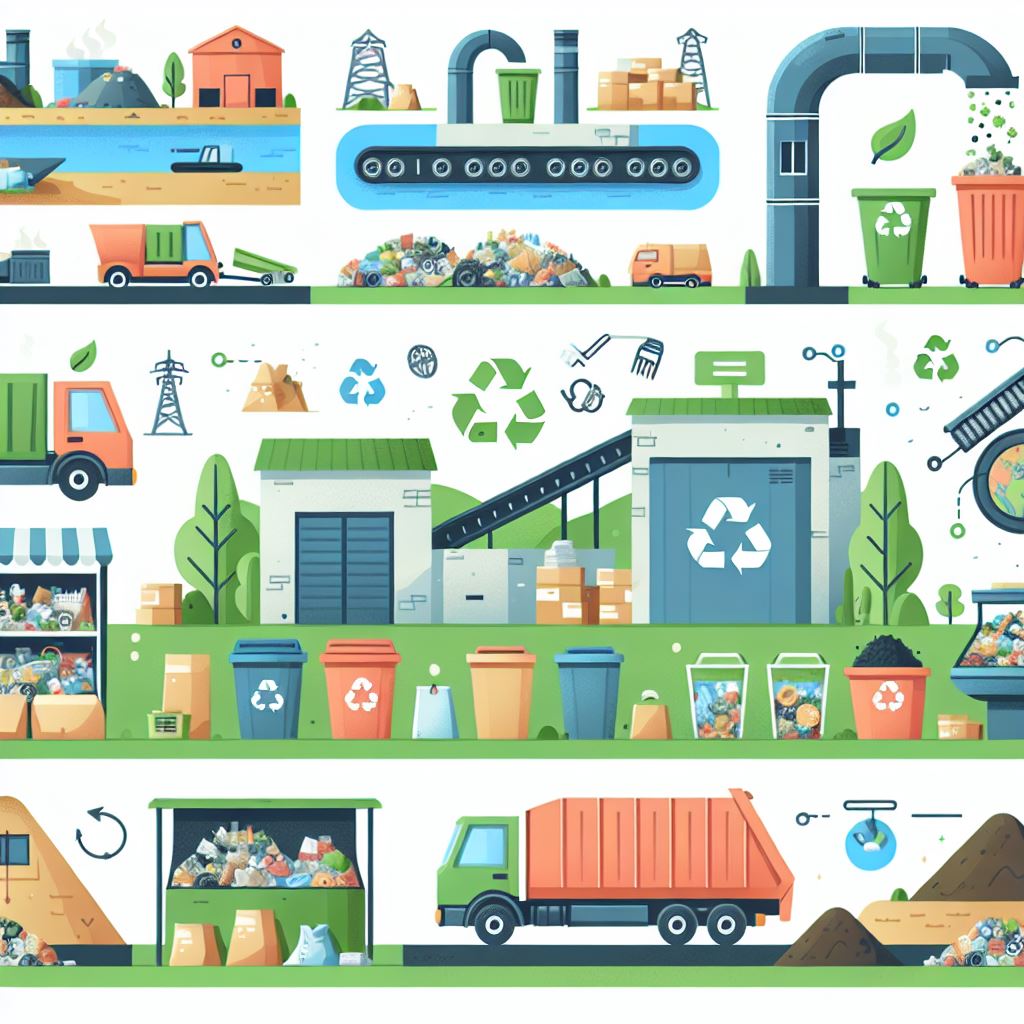The Only Guide for Reclaim Waste
Table of ContentsThe 2-Minute Rule for Reclaim WasteThe Basic Principles Of Reclaim Waste The Buzz on Reclaim WasteReclaim Waste - An OverviewThe 3-Minute Rule for Reclaim Waste4 Simple Techniques For Reclaim Waste
With correct liquid waste management, companies can decrease energy-intensive treatment procedures and disposal costs. By following a system for taking care of fluid waste, firms can stay clear of pricey penalties and penalties and prevent unfavorable attention.Stay in advance of guidelines and maintain a secure office with a digitized compliance device. Classifying fluid waste is essential for efficient storage, therapy, and disposal. Environmental, Health And Wellness, and Security (EHS) teams, waste monitoring policemans, and compliance supervisors can manage these wastes safely and effectively when they comprehend the basics: Produced from families, this type of fluid waste originates from commodes, sinks, showers, and washing devices.
(https://www.reverbnation.com/reclaimwaste1)Collect depictive examples from various factors within the waste stream to make certain accuracy. Conduct regular screening to track any type of changes in the make-up. Preserve comprehensive records of characterization for future reference and compliance functions. Fluid waste, particularly harmful ones, poses significant dangers during this step. Appropriate treatments decrease spills, leakages, and various other crashes that can harm the workers and the public.
Our Reclaim Waste Ideas
Store waste in protected and watertight containers to prevent spills during collection. Label the containers properly, including the kind of waste, possible threats, and dealing with guidelines.
Sanitation (e.g., chlorination, ultraviolet light, ozonation) and nutrient removal (e.g., denitrification and phosphorus obliteration) are suggested under rigorous laws. Numerous business went against a number of fluid waste disposal regulations in recent years.
After picking the ideal kind of treatment technique for liquid waste, companies ought to find means to take care of this properly. Right here are some reliable techniques of liquid waste monitoring: obtain most treated fluid waste that fulfills discharge requirements. refers to using treated wastewater in agricultural lands for irrigation as long as the effluent satisfies hygienic degrees per regulations.
The Reclaim Waste Statements
Superficial basins contain fluid waste that is allowed to vaporize through all-natural procedures. This kind of disposal is subject to strict ecological policies due to potentially harmful emissions.
The searchings for ought to be recorded, evaluated, and saved not just for entry to regulative authorities yet likewise for making renovations in the future. Use dependable tools, techniques, and software services to make certain precise and consistent information collection. Stay upgraded on pertinent environmental guidelines and sector requirements. Share information with relevant stakeholders (e.g., workers, governing government companies, and neighboring areas) to preserve openness and liability.
How Reclaim Waste can Save You Time, Stress, and Money.
Regardless of the company dimension or sector, there are various difficulties connected with this task. Companies that can not invest in centers should think about collaborating with the public market for much better services (liquid waste disposal melbourne).
Fluid waste refers to any product in a liquid state that is excess, unwanted, or disposed of. One considerable obstacle for business is the absence of ideal storage space centers for liquid waste. Partnering with liquid waste services will greatly minimize this challenge Standard skip containers and other containers that are typically used for strong waste are often inadequate for the unique needs of taking care of liquid materials.
The 6-Second Trick For Reclaim Waste
This blog explores the qualities of fluid waste, reviewing just how spills and contamination events can be handled successfully. It additionally discovers the measures companies can take to stop future leakages and what to do when spills certainly occur. Liquid waste contains any type of undesirable or surplus product that exists in a fluid type and is set for disposal.
This type of waste develops when a product is no longer needed, a lot like any other form of garbage. It is crucial to involve skilled liquid waste monitoring specialists when carrying or disposing of liquid waste.

6 Easy Facts About Reclaim Waste Explained
The Environmental Protection Company states the "product should travel through a 0.45-micron filter at a pressure differential of 75 psi" in order to be specified as a fluid. What is essential to note right here is that the more solid a thing is, the less likely it is to be fluid. It's possible to separate in between two kinds of liquid waste: organic and not natural. Both have their differences.
Oil spills can bring about dirt contamination and various other visit this site right here ecological calamities. Both organizations and people can substantially benefit from comprehending correct trash disposal procedures with 9 finest methods in waste management. These approaches are straightened with the well-known waste power structure. Waste prevention is the most reliable method for managing sources and minimizing environmental effect.
